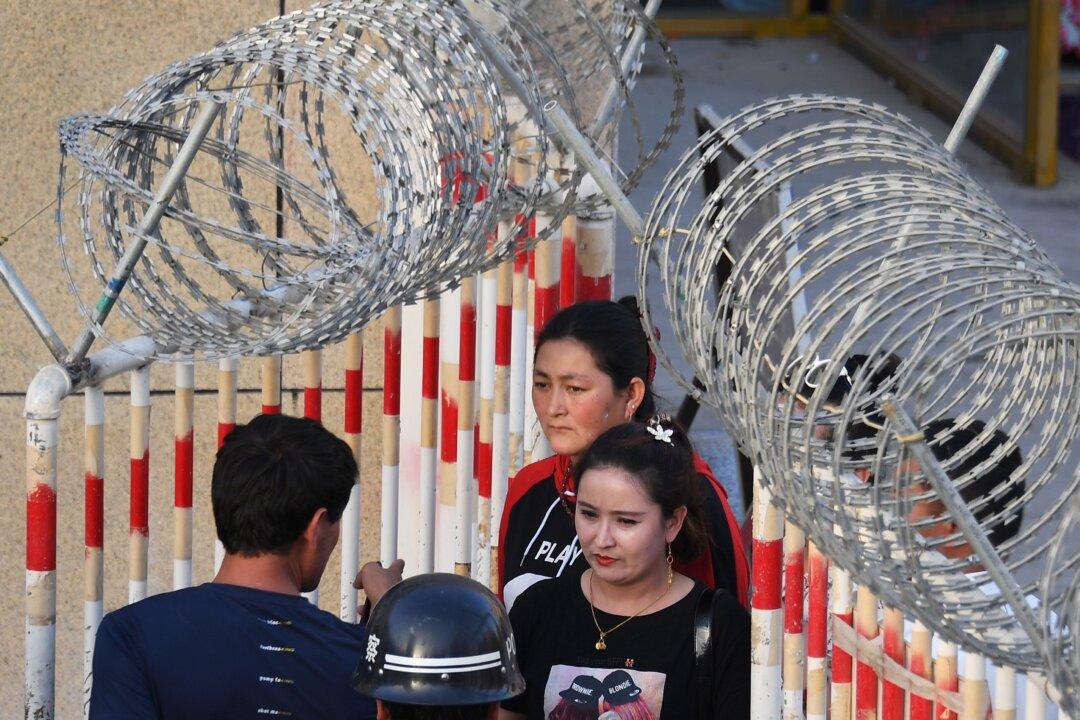Two major scientific journals have recently retracted articles on Uyghur DNA by Chinese researchers due to ethical concerns.
The Chinese communist regime has been systematically putting Uyghurs in internment camps and under heavy surveillance. The regime’s oppression of the Uyghurs has been identified as genocide by the international community.
The two articles have multiple co-authors, including Li Caixia, the chief forensic scientist at China’s Ministry of Public Security. The journals stated that they “requested supporting documentation from the authors, including the application form submitted to the ethics committee and evidence of ethics approval.” However, “the documents supplied by the authors contain insufficient information related to the scope of the study for us to remain confident that the protocols complied with our editorial policies or are in line with international ethical standards,” the journals said in their statements.
For years, Yves Moreau, a professor of engineering at the Catholic University of Leuven in Belgium, has been most vocal about the retractions of Chinese research articles using Uyghur DNA samples. He analyzed 529 studies involving genetics in China, and was surprised to find that between 2011 and 2018, about half of the co-authors of the research published in China were members of the Chinese police, army, or judicial department.
The International Journal of Legal Medicine and Human Genetics noted that Li disputed the retractions on behalf of the other authors.
Regarding the retraction, Moreau said, “These lines are very clear,” adding, “You can’t say: ‘I didn’t know, I didn’t realize and I have no influence.”




